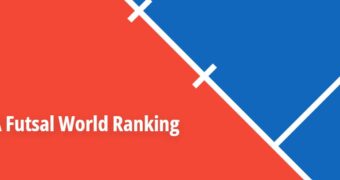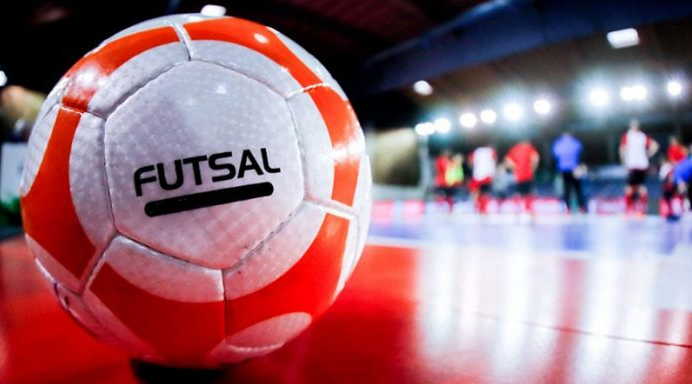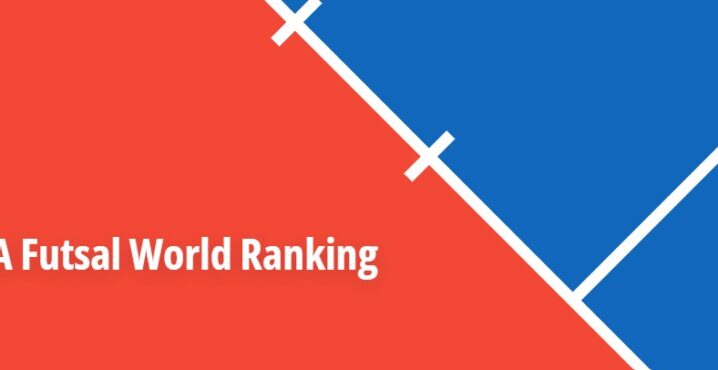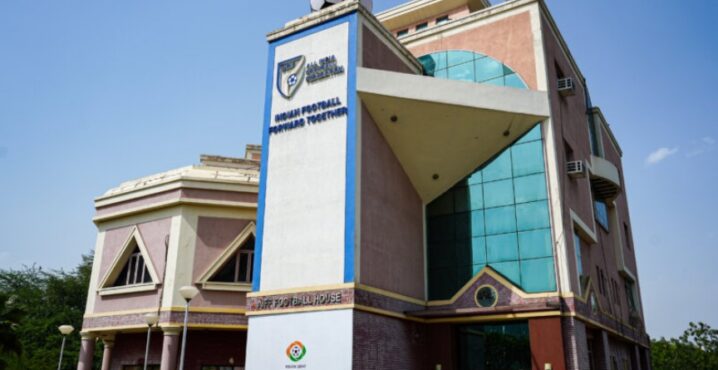Estimated reading time:4 minutes, 16 seconds
After weeks of qualifiers for the 2020 FIFA Futsal World Cup and the 2022 UEFA Futsal EURO competitions weren’t without their drama, entertainment, and controversy.
European World Cup Qualifiers
The European qualifiers for the World Cup finished with Kazakhstan, Portugal, Russia, and Spain winning the 4 of Europes places with 2 more places to be decided between Croatia and the Czech Republic, Serbia and Finland. Croatia previously reached the World Cup in 2000, beating the Czechs 7-6 in the decisive qualifier in Karlovac. Needing a win, Croatia led 1-0 at half-time but trailed 4-2 with 13 minutes left.
The Czech Republic are aiming to reach the finals for the fourth time in five editions, missing out in 2016. Croatia knocked the Czech Republic out of UEFA Futsal EURO 2012 and 2014 at the group stage; in Split in 2012 with a 5-4 win, in Antwerp in 2014 with a 3-3 draw secured in the 39th minute by their flying goalkeeper, the late Matija Capar. Serbia previously reached the World Cup in 2012.
Finland have never made a major tournament, though coach Mićo Martić played at the World Cup and EURO with Croatia). This is also the first time Finland have been in a play-off; they held Italy and Portugal in the elite round, knocking out the Azzurri (Italy). Serbia have won all four of their competitive meetings with Finland.
UEFA Futsal EURO 2022 preliminary qualifiers
Bosnia and Herzegovina, Belgium, Poland, Albania, Hungary, Georgia, Latvia, Moldova, and Norway booked places in next year’s home-and-away UEFA Futsal EURO 2022 qualifying group stage after topping their qualifying round groups.
The road to UEFA Futsal EURO 2022, which has a new format and an expanded 16-team final tournament in the Netherlands, began with the qualifying round running over the last four days.
Hoping to join the nine group winners are 14 other sides who have reached April’s qualifying play-offs: runners-up Cyprus, Armenia, Greece, San Marino, Lithuania, Germany, Denmark, Israel, and North Macedonia plus the five best third-placed teams – Bulgaria, England, Turkey, Switzerland and Montenegro (who pipped Wales due to their superior coefficient after both were equal on all other criteria including disciplinary record). Scotland didn’t progress but gained their first-ever international point, the play-off draw is on 13 February.
African Futsal Cup of Nations, World Cup qualifiers – controversy
In the lead up to the African Futsal Cup of Nations, the competition was enveloped in controversy. If you are unaware of the political crisis in this part of Africa, it concerns the sovereignty over Western Sahara being contested between Morocco and the Polisario Front, and its legal status remains unresolved. The United Nations considers it to be a “non-self-governing territory”. Therefore, when it was announced that this location was the location for the qualifiers, South Africa and Algeria withdraw in protest.
When the competition kicked off, Mauritius was one of the nations that stepped in to fill make up the available spaces at the tournament but then withdrew two days into the qualifiers causing more issues and controversy for the competition.
Mauritius followed the lead of South Africa by pulling out because the qualifiers were being staged in Laayoune in the disputed region of Western Sahara. The Mauritians played their opener in the competition on Tuesday and lost 4-2 to Equatorial Guinea‚ but were ordered home by the country’s Prime Minister Pravind Jugnauth. To complicate the situation, the Confederation of African Football reportedly refused to pay the Mauritians’ hotel bill or travel costs. The Mauritius Football Association, by contrast, said they didn’t have the funds to settle the bill and apparently reached out to the South African Football Association for assistance.
Ironically, Mauritius were only at the continental finals in the first place after South Africa pulled out in protest at the tournament. The debacle represents yet another blow to the image of CAF president Ahmad who presumably backed Morocco’s choice of hosting the event in the disputed region. It also throws the question the role of FIFA general secretary Fatma Samoura in her efforts to improve the management and reputation of CAF as part of her General Delegate for Africa remit.
The competition finished with Egypt and Morocco advancing to the CAF Futsal Africa Cup of Nations final, after defeating Libya 5-2 and Angola 4-0 respectively in the semi-finals, to book their places at the FIFA Futsal World Cup Lithuania 2020.
The Pharaohs will compete at the FIFA Futsal World Cup for the seventh consecutive edition. The three-time Futsal Africa Cup of Nations champions (1996, 2000, 2004) will face Morocco in Friday’s final. CAF will be hoping the finals can finish without anymore controversy.
Morocco have now qualified for three consecutive Futsal World Cups after missing out on the first six editions. The Lions of the Atlas are Africa’s reigning champions.
If you like the information provided, you can read more articles about International futsal by going to the top navigation bar or click here
If you like this article and would like to keep updated on Futsal news, developments, etc then please submit your email below in the Subscribe to Futsal Focus option.
Follow Futsal Focus by clicking on Facebook, Twitter or Instagram or on the social media buttons on the website.
















![Validate my RSS feed [Valid RSS]](https://www.futsalfocus.net/wp-content/uploads/2020/01/valid-rss-rogers.png)




